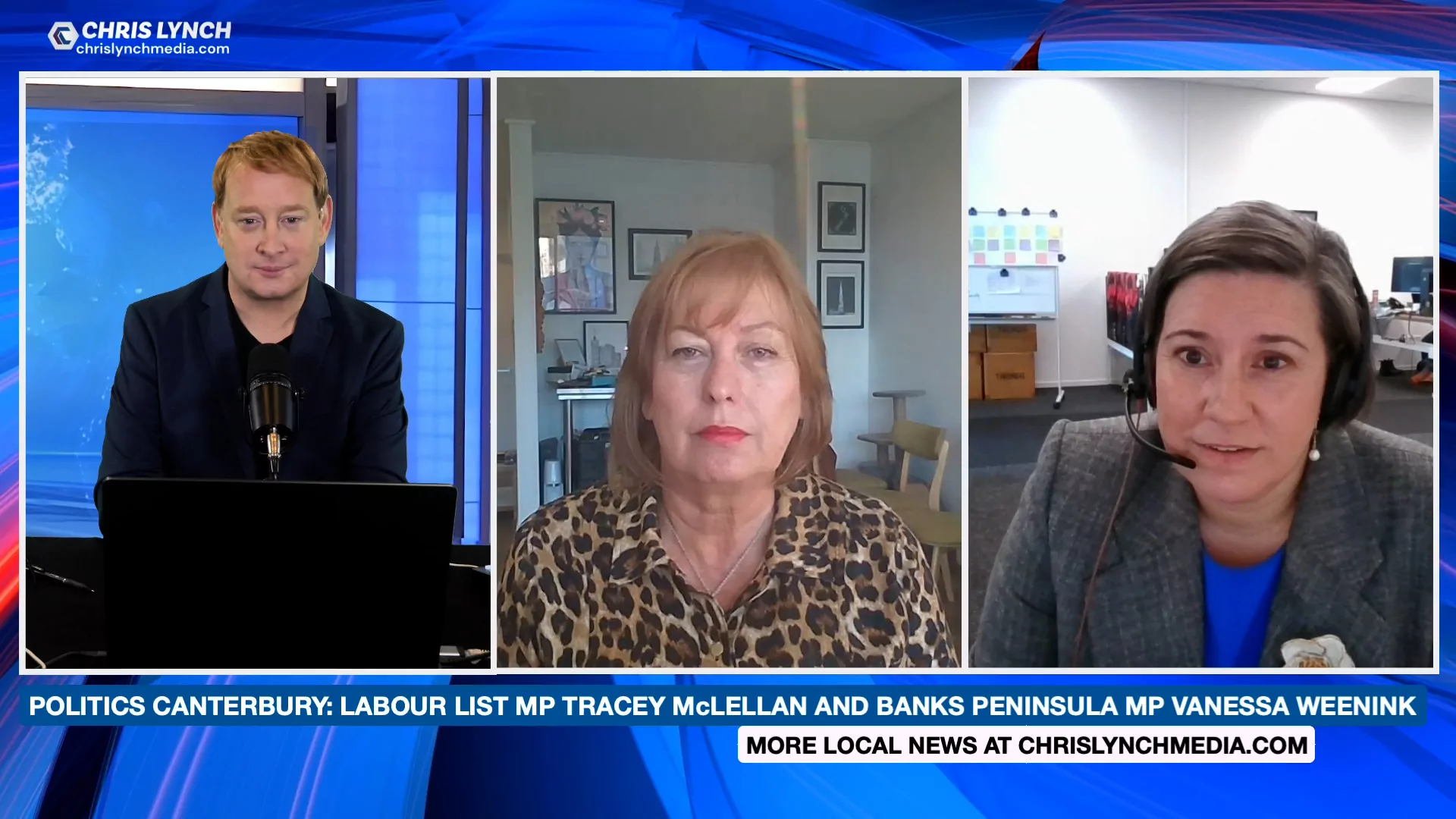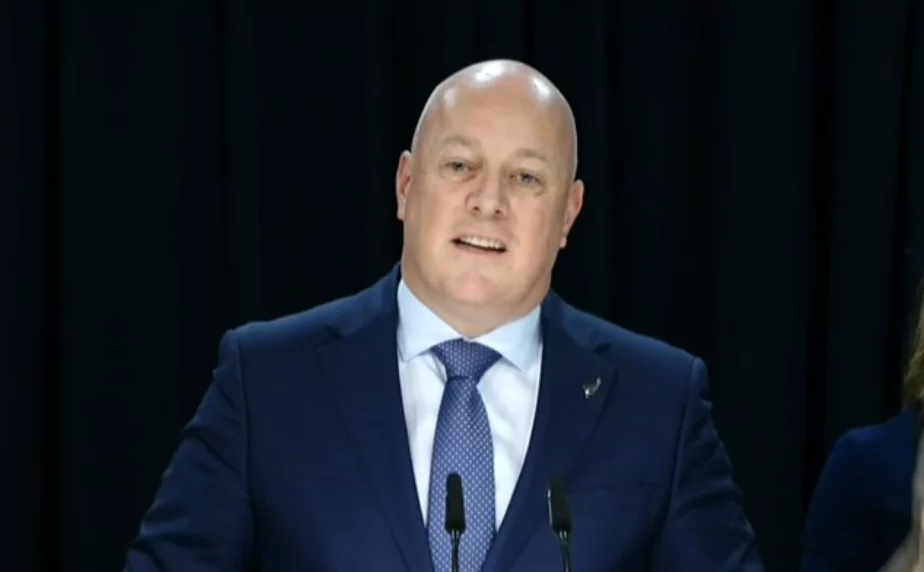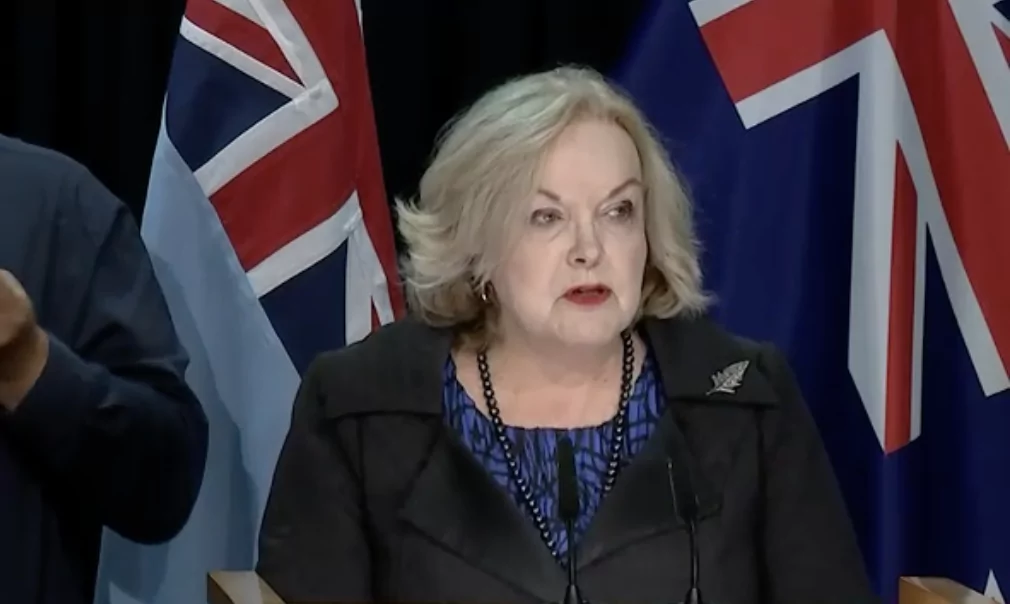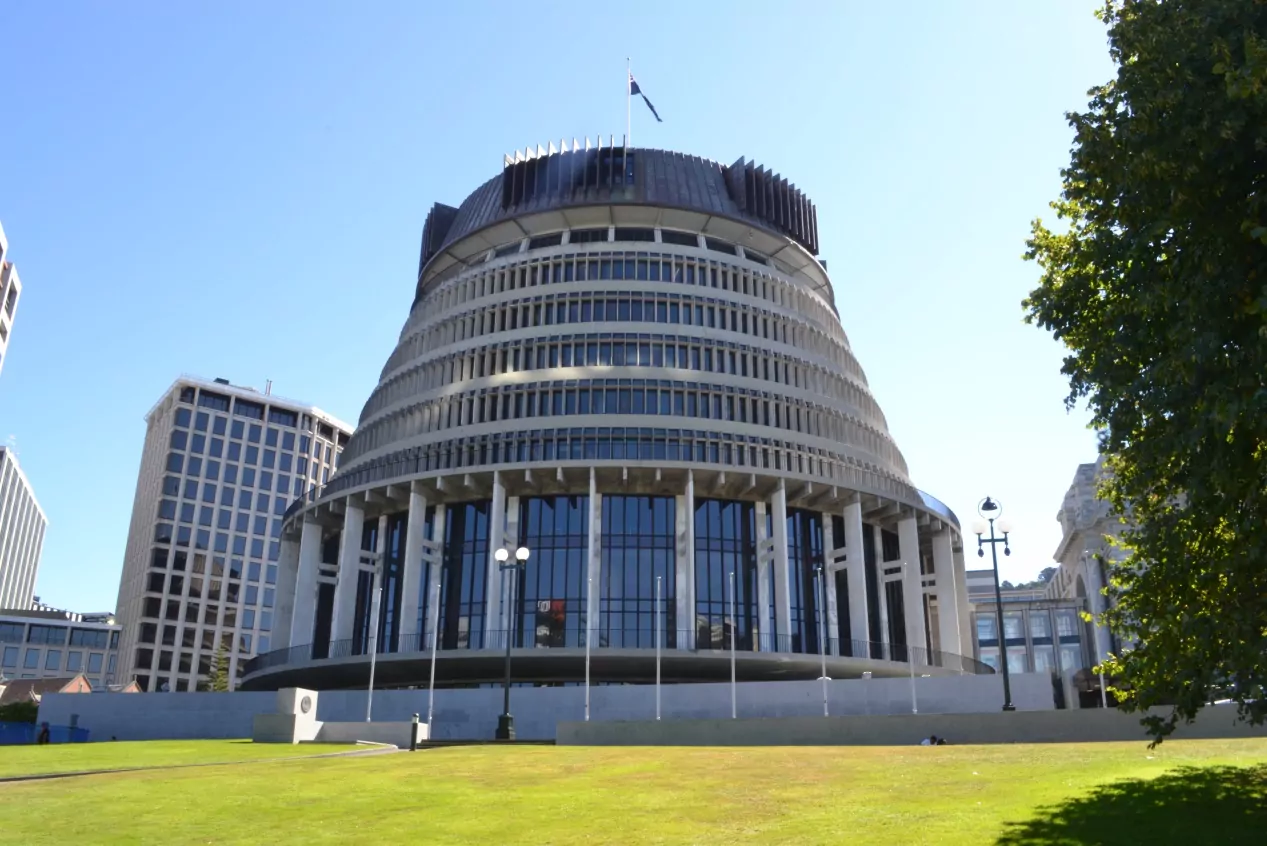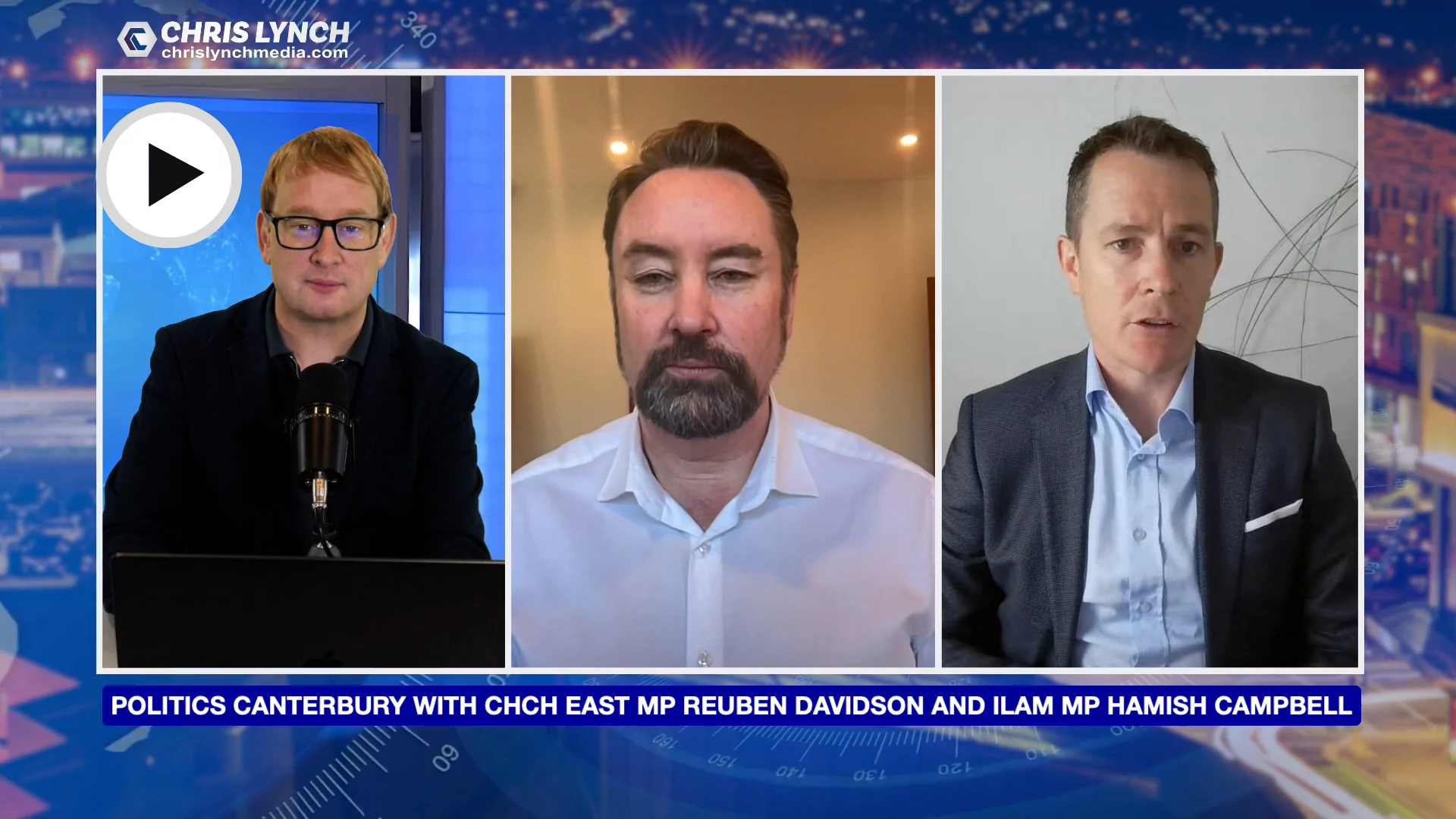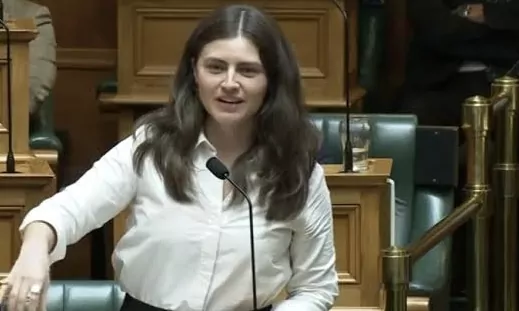OPINION: I question whether Paul Goldsmith is fully informed about his media portfolio or genuinely believes the Fair Digital News Bargaining Bill will benefit the local media industry in New Zealand.
The reality is, this bill has the potential to devastate local news.
If Goldsmith believes that companies like Meta and Google will willingly agree to pay for local news, he is misguided. He only needs to look at Canada, which introduced a similar media bargaining bill, to see the dire consequences.
Meta simply blocked and banned news websites from posting material to Facebook, dramatically impacting the local media landscape. This led to negative outcomes for Canadian news outlets. The Canadian law not only failed to generate revenue from Meta for news producers, but it also drastically reduced user traffic to their websites from Meta’s social media platforms.
Small local news outlets that heavily relied on Facebook to draw audiences to their websites are now struggling. In an interview with VOA in February, Rene J. Roy, co-founder of Wreckhouse Press, a small local news outlet and publisher in Newfoundland, said, “the Canadian government has done more damage to Canadian media than they intended. I think they destroyed small media.” Roy added, “As a result, our business will not survive six months. It’s certainly not a good feeling to know the Canadian government is responsible for this.”
Meta said when the Canadian government introduced its legislation, “It was based on the incorrect premise that Meta benefits unfairly from news content shared on our platforms, when the reverse is true. News outlets voluntarily share content on Facebook and Instagram to expand their audiences and improve their bottom line.”
Goldsmith claims to support more local voices across New Zealand, but this bill will achieve the opposite, limiting reach and engagement across social media platforms for news organisations that rely on Facebook.
Is Goldsmith aware that both Stuff and NZME are shutting down many of their community publications? While these are commercial decisions, the so-called Fair Bargaining bill will worsen the situation for these affected communities.
Facebook was an essential tool for many people in Christchurch concerned about the potential tsunami risk following the North Canterbury earthquakes. It also proved indispensable during serious breaking news events, including the wildfires on the Christchurch Port Hills.
News websites, particularly smaller local ones, rely on Facebook to disseminate their articles. Facebook has been crucial, allowing independent local news to reach thousands of people across the Canterbury region.
This bill will sever community connections, leaving relationships up to misguided rumours, gossip, and innuendo on community pages. Is that what Goldsmith wants for New Zealand? To limit local news? Or does he naively think he can win over the most powerful companies on the planet?
Proposing to give ministers the authority to decide which news organisations sit at the negotiating table is beyond misguided.
This bill is a disaster waiting to happen. It will stifle local media, diminish community engagement, and open the floodgates to misinformation, while potentially allowing legacy media to thrive in a contracted environment.
Paul Goldsmith needs to realise the catastrophic impact his bill will have on the very fabric of local journalism he claims to support.

